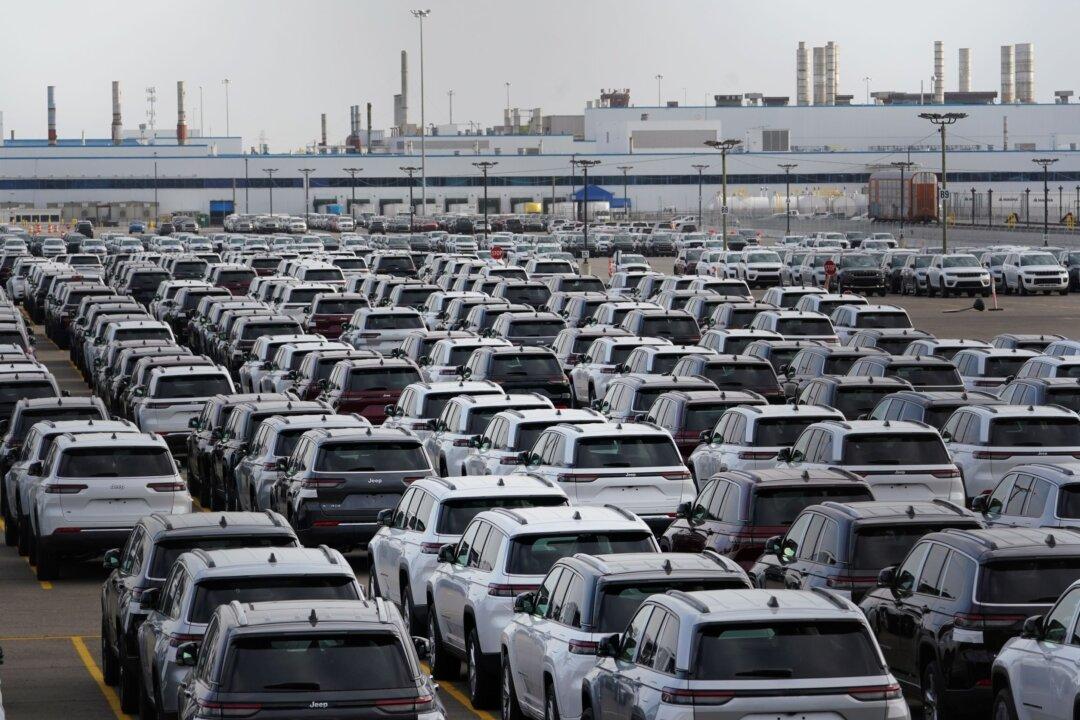Automaker Stellantis will indefinitely idle an assembly plant in Illinois that employs around 1,350 workers, the company said, citing the challenge of rising costs related to the electric vehicle (EV) market and other factors.
The site, which will be idled beginning in February 2023, manufactures the Jeep Cherokee SUV. Stellantis, the parent company of Chrysler, Dodge, and Jeep, said it might not resume operations at the site as it considers alternative options.





